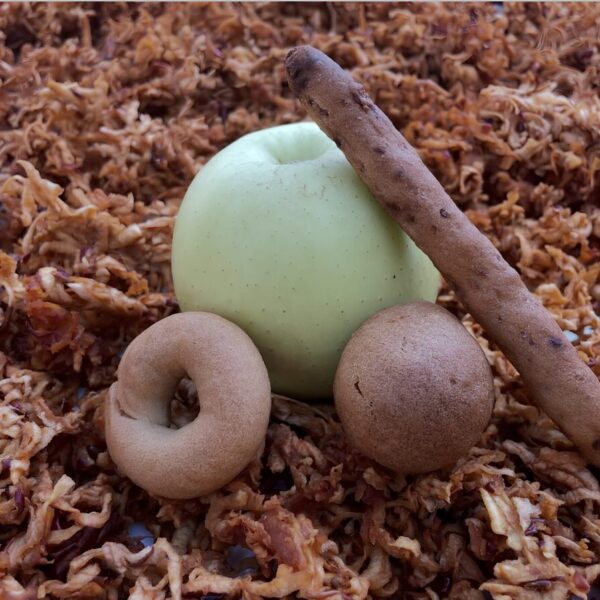Apple production in Lebanon has been experiencing a crisis for several years, with difficult-to-sell surpluses. Innovative entrepreneurs have therefore come up with the idea of transforming these unsold fruits into sustainable products (ranging from artisanal confectionery to healthy chips). A great way to promote local agriculture.
Autumn means apples. Lebanon produces around 200,000 tons of apples every year. However, the domestic market is too small to absorb this massive production, forcing a large portion of the harvest to be exported. But its trade faces major challenges: the main varieties grown in Lebanon, such as Gala, Granny Smith, Scarlet Spur, Red, and Golden Delicious, no longer generate as much interest in the international market. With the rise of club varieties such as Royal Gala and Pink Lady, Lebanese apples struggle to find buyers. This situation has caused a steep drop in prices over the past decade, leaving many producers at a standstill. A crisis that several local players have turned into an opportunity, like Zemerrod Fakhry, Rimane Aziz, and Soha Frem.
When ingenuity meets sustainability
Zemerrod Fakhry, an agronomist engineer nicknamed "Zaza," has decided to take matters into her own hands. Faced with the amount of apples wasted each year, she launches her artisanal company, Choghli by Zaza (my work by Zaza), specializing in the transformation of apples destined to be thrown away. "It is by observing the enormous amount of apples thrown away each year that I decided to take action!" she explains passionately.
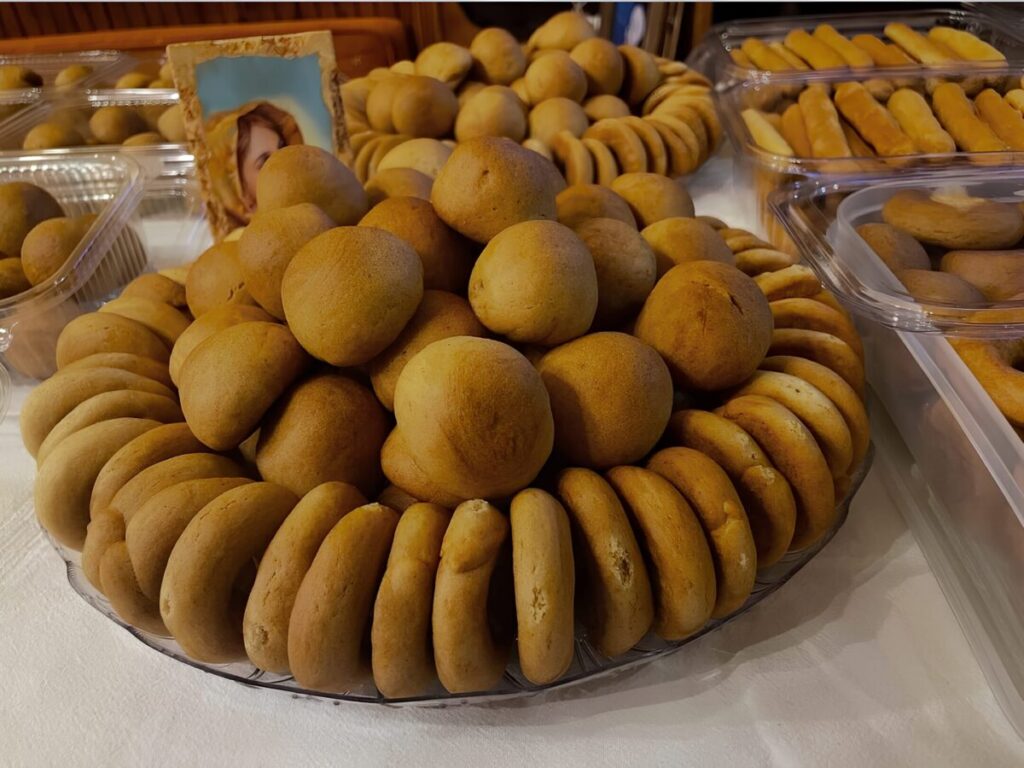
Zemerrod collects apples that are often considered unsellable - damaged by insects or fallen prematurely - and turns them into various sweets without added sugar and 100% vegan. "I clean them, remove the damaged part if there is one, and prepare my cakes," she explains. Four flagship products make up her offer: apple balls, a cake dough filled with a tasty mixture of apples and cinnamon, kaak ommi (sweet cookies with apple juice), Ar-éch (crispy sticks), and apple bread, a soft and sticky fruit leather. Based in the family home in Bcharreh in North Lebanon, Zemerrod employs four women from the village. Together, they process around 4.4 tons of apples each year, thus saving fruits that were initially destined for the trash.
Enhancing the apple into chips for example
Aziz remains, a biochemist by training, shares this same vision. During her Master's thesis in Industrial Technology, she decided to explore innovative ways to valorize the local production of apples. This is how Kwikeez, a brand of completely natural apple chips, was born. "Our concept is to recover medium-sized apples (6 to 8 cm in diameter) that are generally more difficult to sell for producers. Then we transform them into crunchy apple chips," explains Aziz.
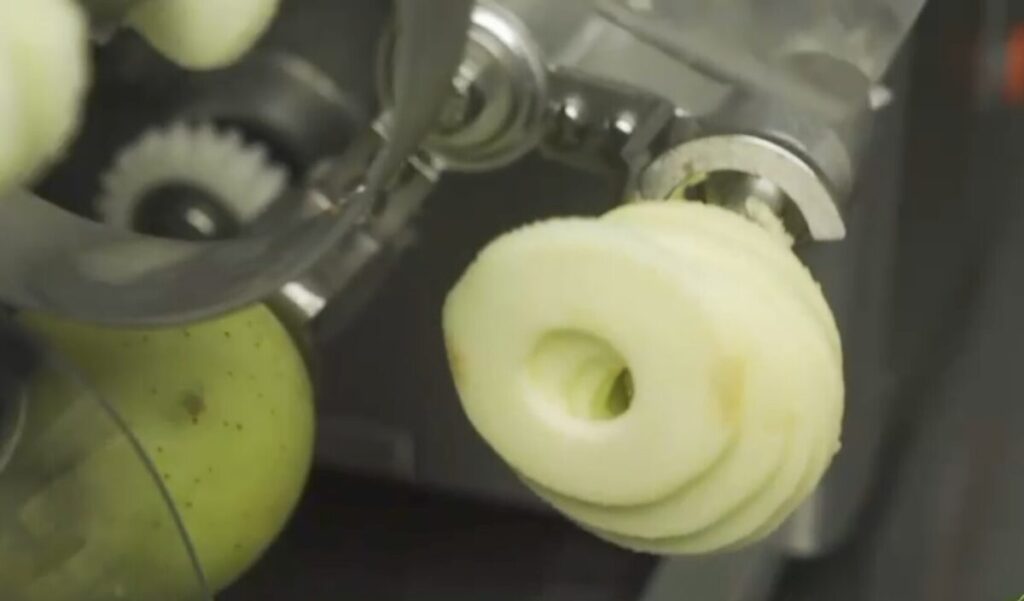
The Kwikeez factory, located in Jezzine in South Lebanon, employs 40 people and processes between 600 and 1000 kilos of apples each day. Production waste is sent for composting or used to make vinegar or molasses, ensuring sustainable resource management. Initially sourcing only from the Caza (region) of Jezzine, Kwikeez has since expanded its sourcing to the regions of Chouf, Bekaa, and North Lebanon. Kwikeez offers three variants of its chips: classic, cinnamon, and sour, a diversification that is attracting more and more health-conscious consumers interested in a product without starch and dried rather than fried.
A breath of fresh air for the cider industry
Another equally innovative initiative is that of Soha Frem, an agronomist and architect, who has chosen to venture into an unexplored field in Lebanon: cider. Nestled in the village of Wata el Joz, in Keserwan, Soha founded Wata Cider, a company that values Lebanese apples while introducing this beverage to the land of traditional arak. "By selling 20 tons of apples per year, the quantities produced are sufficient to satisfy the Lebanese market as well as Paris, London, Oslo, Zurich, Madrid, and Lisbon," Soha explains.
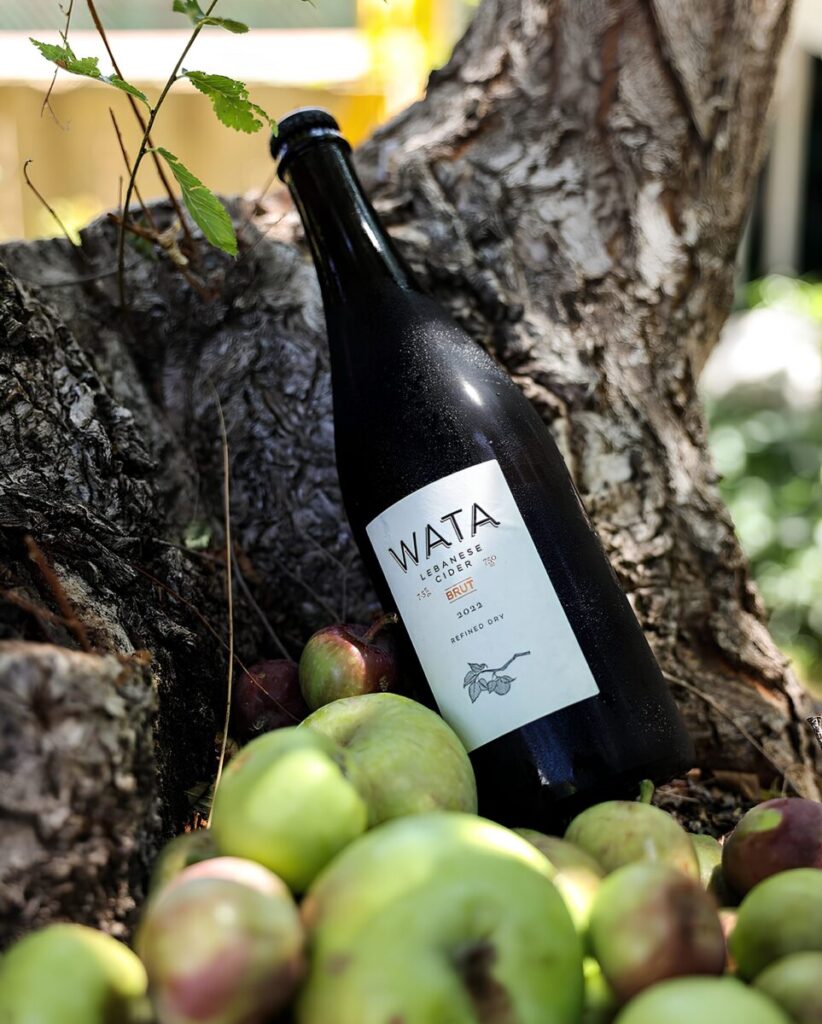
Wata Cider has already won several international awards, including the World Cider Award 2024 and 2023, as well as the Japan Cider Award 2023. This success, Soha owes it to a sustainable farming method, in accordance with FAO standards, which limits the use of pesticides. Wata thus offers a quality cider, made from healthy apples, which shines the spotlight on Lebanon internationally.
So many local initiatives that demonstrate a great capacity for adaptation and innovation. These new perspectives for the future of Lebanese agriculture also contribute to the preservation of the environment. And to the valorization of the country's agricultural heritage.
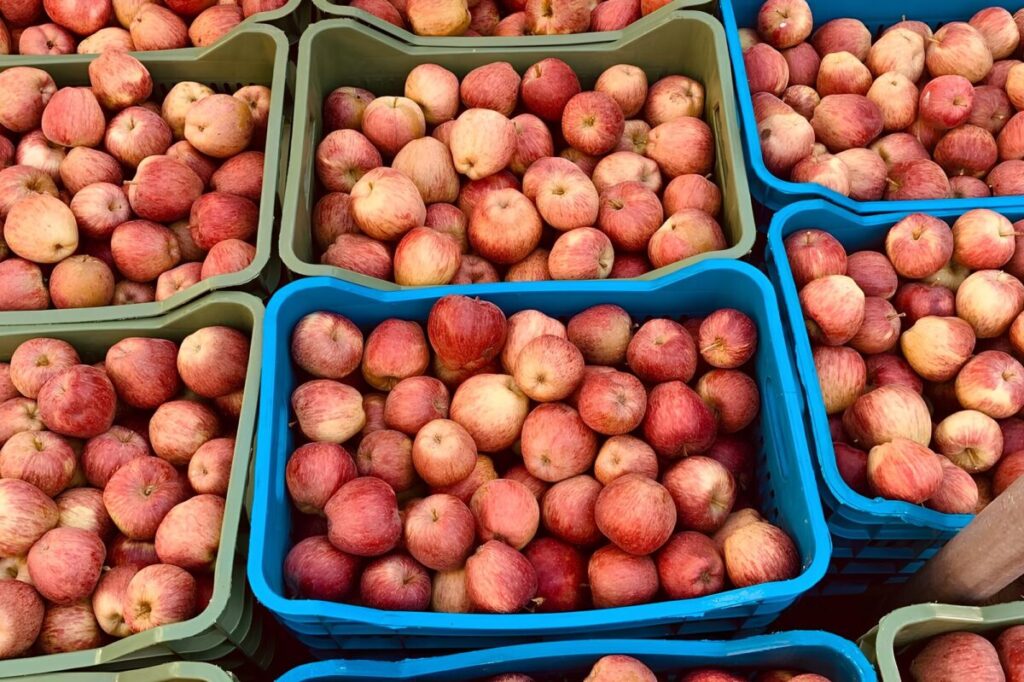
Front Page Photo @ Zaza
